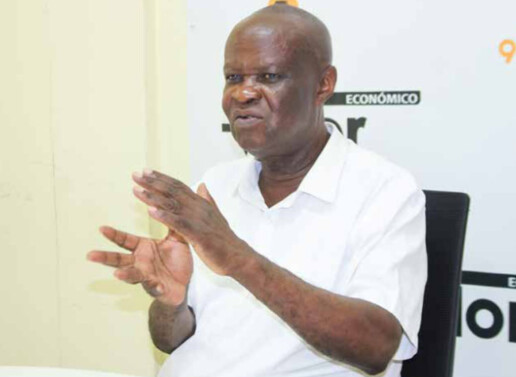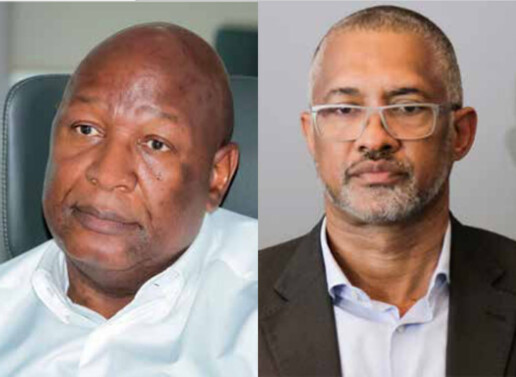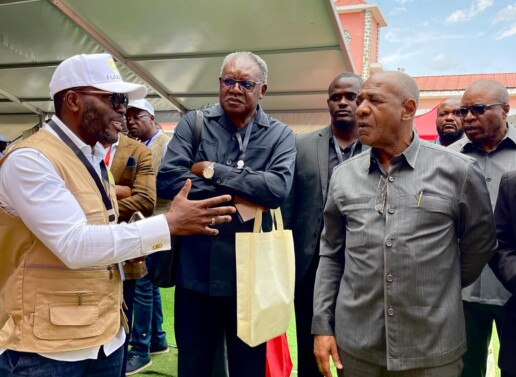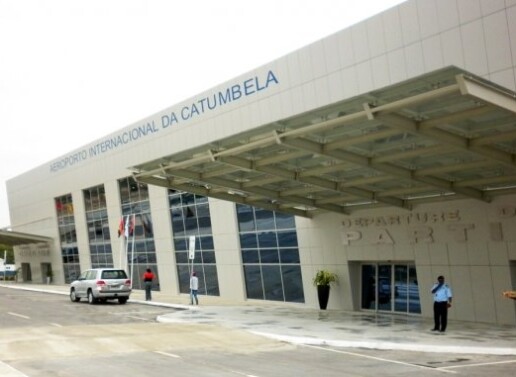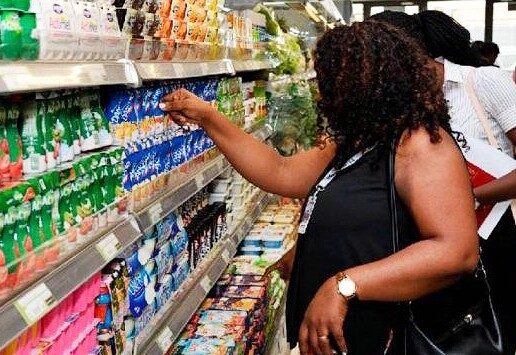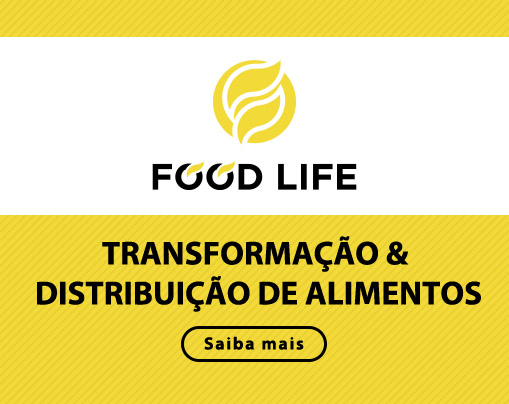The Office of the United States Trade Representative (USTR) has labeled Angola’s recently announced restrictions on beef, pork, and poultry imports as “unfair trade practices,” justifying the imposition of tariffs on the African country.
In a post published Monday on the platform X, the U.S. agency responsible for developing and promoting U.S. foreign trade policy highlighted “10 unfair trade practices” from various countries that are currently impacting American exporters — including the case of Angola.
“Angola recently announced that it will restrict import licenses for beef, pork, and poultry products starting July 31, 2025. In 2024, U.S. poultry exports to Angola were valued at $136 million,” noted the USTR.
“Angola is the 9th largest market for U.S. poultry exports globally and the largest in Africa. These new trade restrictions will have a significant impact on American farmers and livestock producers,” the federal agency stated.
Angola’s Ministry of Agriculture and Forestry, through the Veterinary Services Institute, announced last February that the importation of certain animal-origin food products — namely poultry, pork, and beef — will be prohibited.
In a notice addressed to “importers of animal-origin products and by-products,” it was stated that “licenses will not be issued for the importation of offal, parts of poultry, pork, and beef” as long as local production of these products is viable from specific dates onward.
This measure is part of the Angolan government’s efforts to boost domestic production and reduce dependency on foreign markets.
On Wednesday, in what he dubbed “Liberation Day,” U.S. President Donald Trump imposed a 10% tariff on imports from 184 countries and territories, including the European Union (EU).
Under the new rules presented by Trump, tariffs on Angolan products would rise to 32%, compared to the average customs duty rate of 11%. However, “since Angola has not increased its own customs tariffs, the new U.S. tariffs have no impact on Angolan goods sold to the U.S.,” Angolan economist Flávio Inocêncio told Lusa.
In addition to Angola, other Portuguese-speaking countries affected by Trump’s announcement include Mozambique, with 16% tariffs, and Equatorial Guinea, with 13%. The remaining CPLP members — Brazil, Guinea-Bissau, São Tomé and Príncipe, Cape Verde, and Timor-Leste — will face tariffs of 10%, while Portugal is subject to the tariffs imposed on the EU.
Trump also announced a 20% tariff on goods imported from the EU, in addition to existing 25% tariffs on the automotive, steel, and aluminum sectors.
In Monday’s post, the USTR also cited Brazil among the countries accused of unfair trade practices to justify the new tariffs.
“Illegal logging and mining in South America — particularly in Brazil, Peru, Colombia, and Ecuador — contribute to environmental degradation and create unfair competition that harms U.S. companies committed to responsible sourcing and environmental law compliance,” the agency argued.
“These illicit activities, often involving transnational criminal organizations, distort global commodity markets by lowering prices and enabling bad actors to undercut legitimate American exporters,” it added.
Lusa, 04/08/2025

